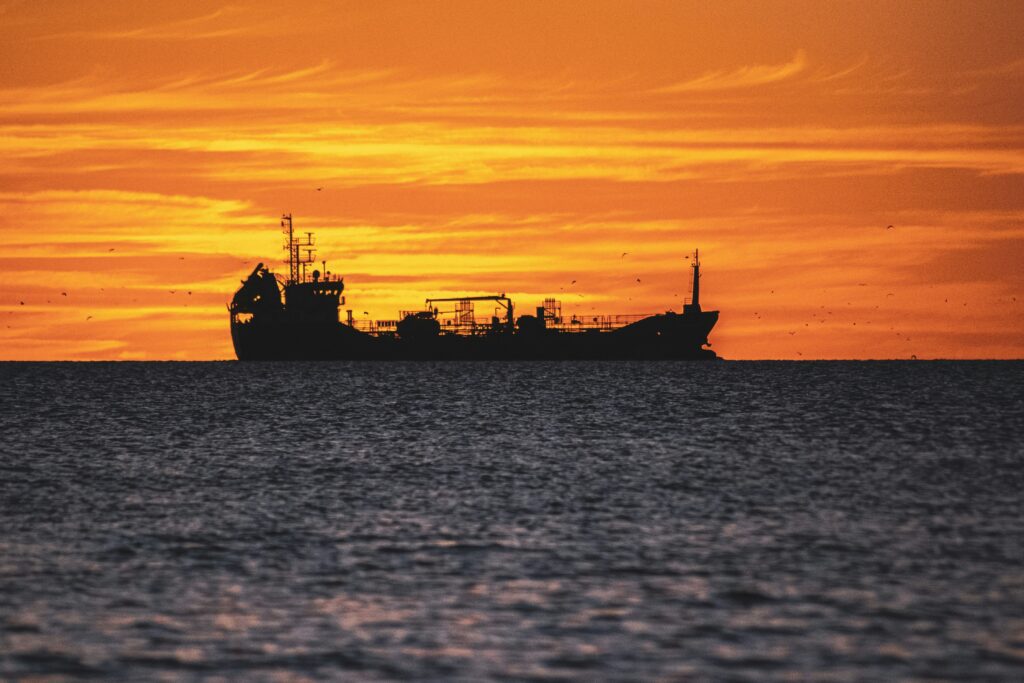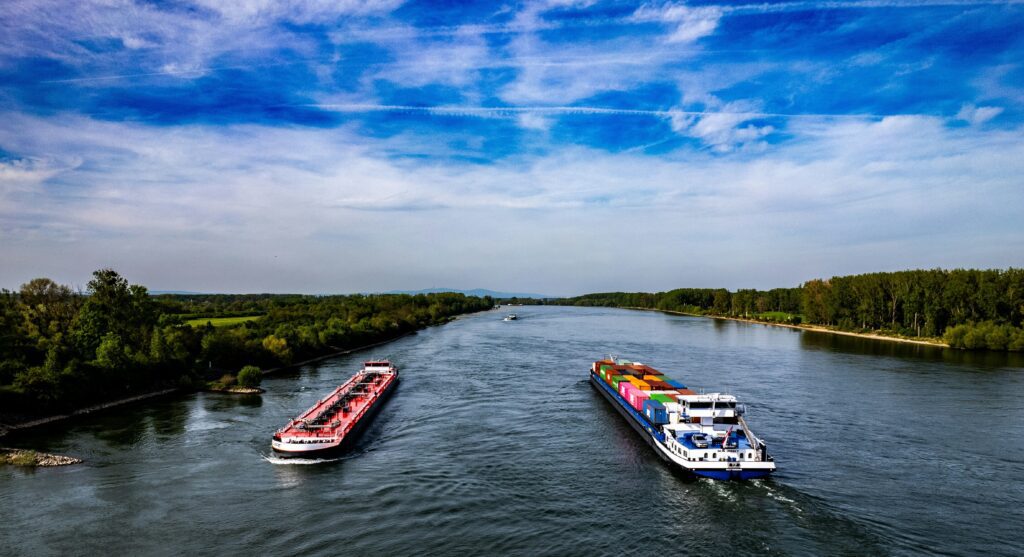Scrubber Technology and its Impact on Fuel Consumption

Definition and Functionality of Scrubber Technology Scrubber technology refers to a system designed to remove harmful pollutants, particularly sulfur oxides (SOx), from exhaust gases emitted by marine vessels. The functionality of scrubber systems involves the use of various chemical and physical processes to cleanse the emissions before they are released into the atmosphere. These systems […]
Innovations in Bunker Fuel Sampling and Testing Techniques

Introduction The maritime industry stands at a pivotal crossroads, where the demand for efficient fuel usage intersects with stringent environmental regulations. At the heart of this intersection lies bunker fuel, which is now subject to an ever-tightening framework of global standards aimed at reducing the industry’s environmental footprint. As the International Maritime Organization (IMO) and […]
Intelligent Bunker Procurement Systems Using AI Analytics

Introduction The maritime sector is increasingly adopting artificial intelligence (AI) and advanced analytics to streamline operations, including the acquisition of bunker fuel. As bunker fuel represents a substantial portion of shipping companies’ expenses, leveraging intelligent bunker procurement systems empowered by AI can significantly reduce costs and enhance operational efficiency. Traditionally, bunker procurement involved a blend […]
Simulation based evaluation of fuel consumption in ships

Fuel consumption in the maritime industry is a critical aspect that directly impacts operational costs, environmental sustainability, and regulatory compliance. Ships, especially large cargo vessels, cruise ships, and tankers, rely heavily on fuel to power their engines and navigate the vast oceans. Optimizing fuel consumption in ships requires considering the interplay of some factors and […]
Technical Insights: The Chemistry of VLSFO

Introduction VLSFO, standing for Very Low Sulfur Fuel Oil, represents a category of marine fuels designed to meet the International Maritime Organization’s (IMO) 2020 regulations that limit the sulfur content in ship fuel to 0.5% by weight, a significant reduction from the previous limit of 3.5%. The technical and chemical complexities of VLSFO stem from […]
Microbial Contamination in Bunker Fuels: Detection, Prevention, and Remediation Strategies

Introduction This article examines the pressing issue of microbial contamination in bunker fuels. Given its capacity to degrade fuel quality, corrode equipment, and disrupt operations, addressing this challenge is paramount. We delve into the significance of detecting, preventing, and mitigating microbial contamination in bunker fuels to uphold the safety, dependability, and efficiency of maritime activities. […]
Exploring the Fundamental Differences Between Dual Fuel and Conventional Engines

Introduction The maritime industry faces a crucial moment as it seeks propulsion solutions balancing tradition and innovation, with shipowners increasingly prioritizing performance, efficiency, and environmental responsibility. While conventional ship engines have long been the standard, the emergence of dual fuel technology presents a promising alternative, offering enhanced flexibility and sustainability. This article delves into the […]
Bunkering Automation and Robotics: Advancements in Fuel Transfer Systems

The advancements in bunkering automation and robotics have sparked a transformative wave in the maritime industry, revolutionizing fuel transfer processes. Cutting-edge technologies like a robotic fueling system have ushered in a new era of efficiency, safety, and environmental sustainability by automating refueling operations. This robotic system not only eliminates human risk but also minimizes fuel […]
Bunker Fuel Insurance: Risk Management Strategies and Market Dynamics

Introduction Bunker fuel insurance is a specialized form of marine insurance designed to protect vessel owners, operators, and other stakeholders from financial losses associated with risks related to bunker fuel used in maritime operations. This type of insurance typically covers a range of risks, including but not limited to, fuel contamination, supply chain disruptions, price […]
FAME Biofuels: Navigating the Future of Sustainable Energy

Introduction Fame Biofuel, officially known as Fatty Acid Methyl Esters (FAME), represents esters derived from fatty acids. These esters exhibit physical characteristics more akin to fossil diesel fuels than pure vegetable oils, with specific properties varying depending on the type of vegetable oil used. A combination of different fatty acid methyl esters is commonly referred […]

